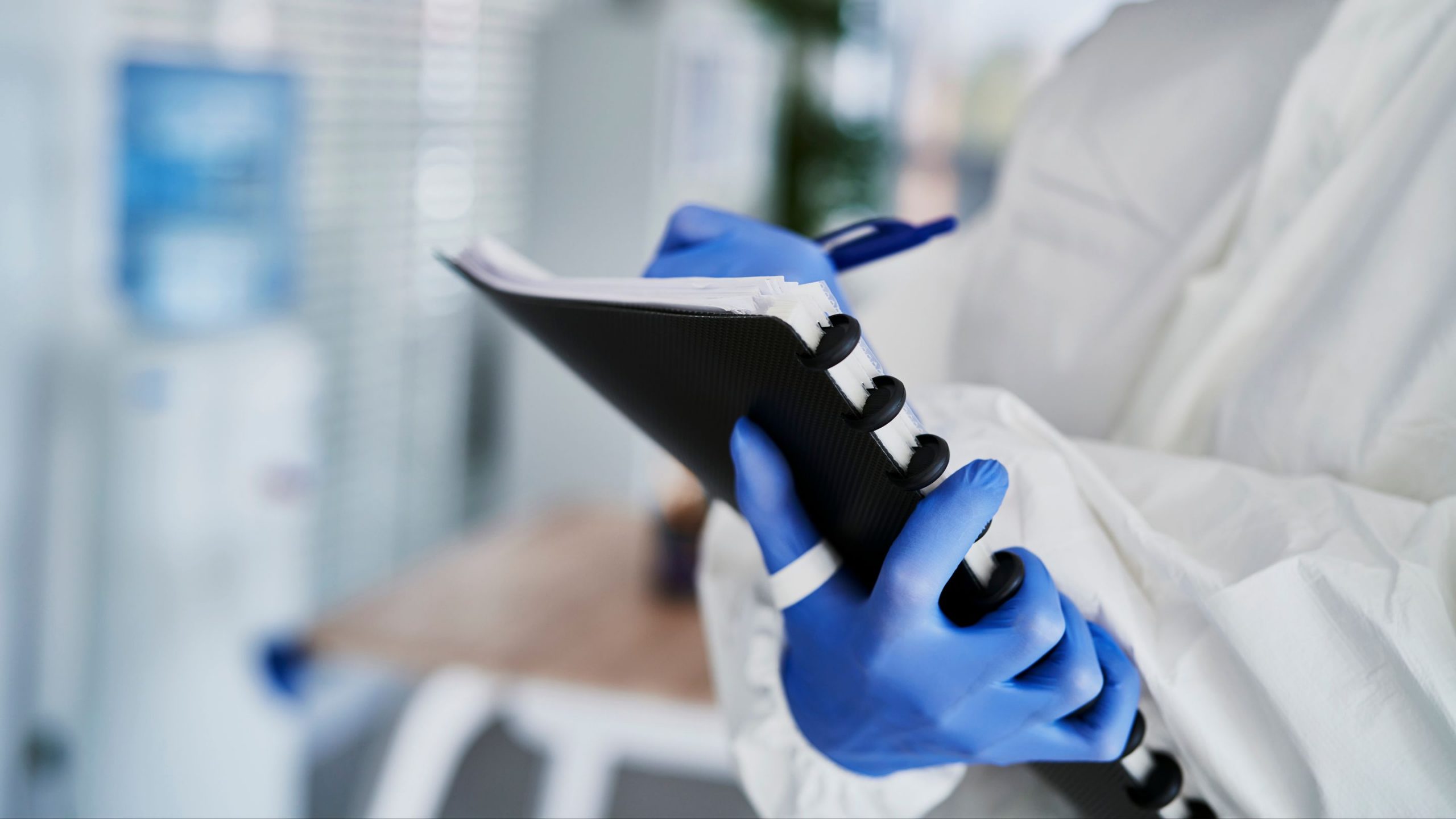
REPRIEVE #1
I’ve been home for about five days now, with another five to go before I fly back out to NYC. I’ll be out for at least 10 days, possibly 14 if they grant my request for an extension. The master plan is to fly back on April 19th and, if I have my way with the schedule, return home on May 4th. While I had most of the month of April off, I was fully scheduled for most of May previously. Now, I’ve had a stroke of “luck” and my hours have almost entirely cancelled. Apparently, the emergency department I had contracted at previously has cut staff because their volumes are significantly lower than usual. That’s encouraging in some respects, because it means people are staying out of the ED if they don’t truly need to be there. Since I’m now off during most of May and ongoing until further notice, I’ll likely continue to travel to areas experiencing surge. That might be NYC for the entire time, but if things start to calm down a bit there, I may end up somewhere completely different.

I’ve been doing some things for myself while home, most of which are probably unhealthy. I spent the first three days at home in my pajamas living on cake and Easter candy. I usually bring my five-year-old daughter a small present of some kind when I travel for extended periods of time, so this time I brought a strawberry shortcake from a local bakery in NYC for her, but I ended up eating most of it myself. I got home in time for Easter, one of my daughter’s favorite holidays, so we had fun with egg hunts. I’ve had the urge to go out running a few times, but it’s been too cold here, so I’ve done very little exercise other than some light stretching and some very short bike rides.
During the reprieve, I got an email from the university I teach at part-time. They were seeking medical staff to volunteer to staff the tent hospital that’s being set up in anticipation of a surge in Milwaukee. Funnily enough, the tent will be open almost exactly two weeks after the spring election happened. Our state governor tried to cancel in-person voting in favor of vastly expanding absentee voting, but the state supreme court forced the election to be held anyway. The election took place and, I extrapolate based on the tent hospital opening two weeks later, they are expecting a major increase in cases due to the breach in social distancing by voters. I contacted the group that is setting the facility up and had a conference call with them about my experiences running the tent hospital in NYC, which hopefully gave them useful information. I also offered to give them access to a free, open-access COVID-19 education module I’ve been helping develop to prepare nurses and paramedics for dealing with COVID-19 patients, which they were happy to accept. The course should be out in several days; the portion I wrote is going through an expedited peer review before it’s published.
I’m not personally interested in volunteering in the tent. I certainly have no intention of working without fair compensation in an area that would put myself and my family at risk for contracting the disease, even if our actual risks for complications are very low. A huge segment of the nursing profession as a whole has this bizarre martyrdom complex, treating their professional work strictly as a duty regardless of personal risk or visible neglect by their employers to mitigate that risk. I would like to postulate that this is a faulty (if noble-appearing) viewpoint that places ourselves and our patients at risk with no benefit except to healthcare administrators. I’ve seen that postulation start to play out, particularly in facilities locally that refuse to provide adequate protective equipment for their nurses working with known COVID patients, despite having the equipment available. Some facilities are even disciplining their staff for using the correct protection based on evidence, and I hear some nurses buying into and voicing the rhetoric that it’s their “duty” or “what they signed up for” to take unnecessary risks.

While the process of refusing healthcare workers the necessary equipment to do their jobs safely and effectively is guileful under normal circumstances (and does happen during regular business; ask any healthcare worker about available overtime), it’s outright unconscionable during a pandemic. I’ll use protective equipment as the example; hospital systems are reducing costs and use of their existing stockpiles of protective equipment by refusing to let their staff wear the correct protective equipment. I personally know many healthcare workers, including at some facilities I usually work at, who get only a single surgical mask per week to be worn solely in the room of confirmed positive tests, not in suspected or unconfirmed patients (tests are taking up to a week days to come back, certainly leading to further exposure of staff). A surgical mask does not provide adequate protection for staff under OSHA guidelines for this pandemic or follow evidence-based practice for this disease, but hospitals are disciplining and even terminating staff who use the correct protective equipment because it’s “against policy.” Moreover, I’ve had discussions with real, practicing nurses who believe that it’s “part of the job” to be exposed to disease unnecessarily. Some of my coworkers will likely get sick as a result. While the correct protective equipment is not 100% effective, it reduces risk significantly compared to a surgical mask. The more coworkers I have that get sick from this disease, strictly statistically speaking, the more I will know who die, sometimes unnecessarily. We need to be angry about this, but much of what I see is simple complacency.“It’s what you signed up for” and “be grateful you have a job at all” is exactly what the hospital administration refusing to protect us would want us to think, and we’re cowing each other into saying it by maintaining the delusion that it’s our ethical obligation to work under whatever conditions we’re given.
JACKIE GEX
Author
Share this post
Nurses International is a non-profit entirely focused on helping nurses obtain the education and the support they need to make a difference in developing nations worldwide.
We connect colleges and institutions with experts who can take their nursing programs to the next level. We help establish new nursing programs where they’re needed most. And we eliminate the barriers that stand between students and education.
QUICK LINKS
CONTACT US
FOLLOW US
EIN: 46-4502500